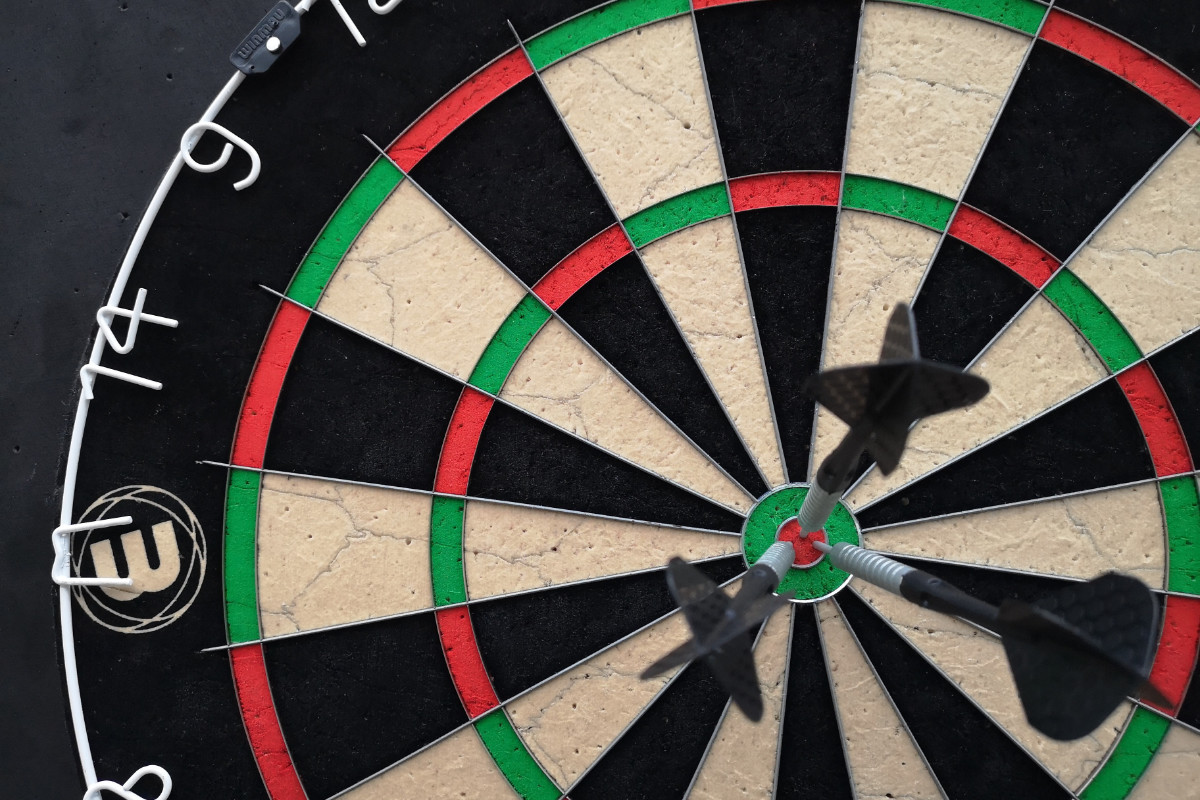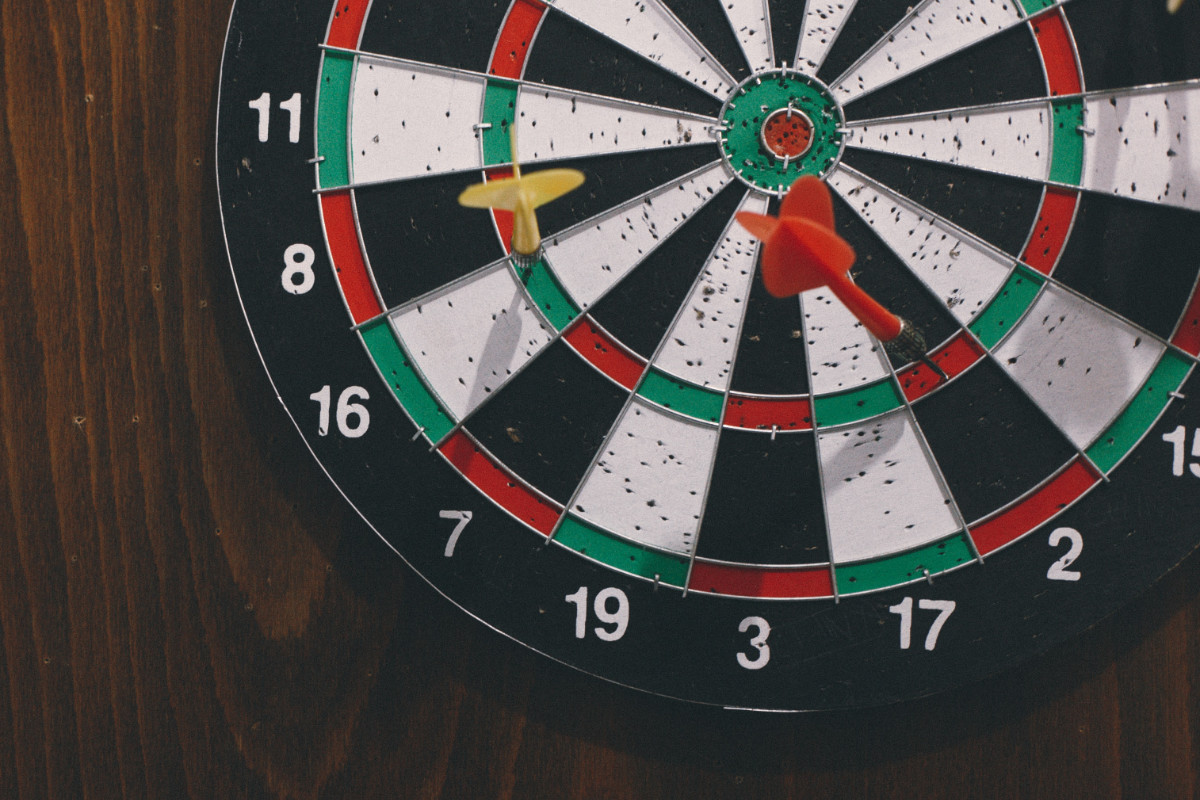Darts is a game of precision, skill, and strategy. One question that often arises among beginners and seasoned players alike is, “Can you go past 0 in darts?” In this blog post, we will explore the rules and guidelines surrounding this question and discuss the implications of going past 0 in various darts games, such as 301 and 501.
Rules for Finishing a Game of Darts
In most traditional darts games, such as 301 and 501, the objective is to reduce your score to exactly 0 points by hitting specific targets on the dartboard. The final dart thrown must land in a double or a bullseye (known as a “double out” or “double finish” rule). However, going past 0 is not allowed, and doing so will result in a “bust,” which means your score will revert to what it was before your turn started.
Consequences of Going Past 0 in Darts
Going past 0 in darts can have several consequences, depending on the specific game being played. Here are some common outcomes:
1. Score Reversion
As mentioned earlier, if you go past 0, your score will revert to what it was before your turn started. This can be frustrating, as it effectively nullifies any progress made during that turn and may give your opponent an opportunity to catch up or overtake you.
2. Loss of Turn
When you go past 0, not only does your score revert, but you also lose the remainder of your turn. This can be especially costly in close matches, where every turn counts and strategic planning is crucial.
3. Strategy Adjustments
If you find yourself consistently going past 0, it may be necessary to adjust your strategy and aim for different targets on the dartboard. By focusing on safer shots that are less likely to result in a bust, you can maintain better control over your score and minimize the risk of overshooting.
Preventing Overshooting and Mastering the Finish
To avoid going past 0 in darts and improve your finishing skills, consider these tips:
1. Familiarize Yourself with Key Out Shots
Knowing the optimal out shots for various scores can help you plan your strategy and improve your chances of successfully finishing a game. Study common outs and practice hitting these targets consistently.
2. Practice Under Pressure
Finishing a game can be nerve-wracking, especially when the score is close. Practicing under pressure can help you develop the mental resilience needed to execute crucial shots with confidence and precision.
3. Focus on Consistency
Developing a consistent throwing technique is essential for accurate and reliable darts play. Refine your grip, stance, and release to ensure a smooth, repeatable motion that minimizes the risk of overshooting.
Know the Rules and Hone Your Skills
Can you go past 0 in darts? The simple answer is no, as doing so results in a bust and can have significant consequences for your game. Understanding the rules, planning your strategy, and honing your finishing skills are all crucial components of successful darts play. By mastering these aspects, you can minimize the risk of overshooting and consistently finish games with precision and confidence.



